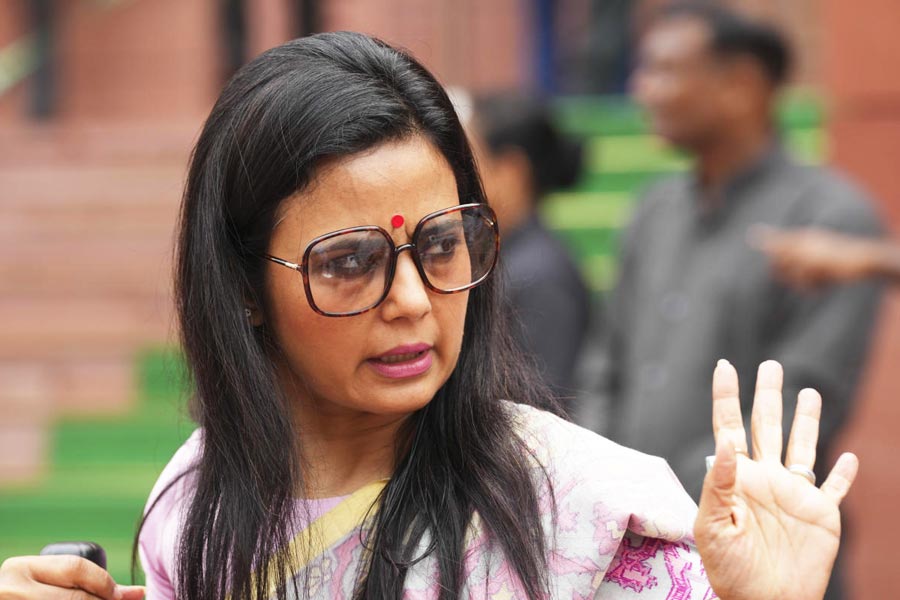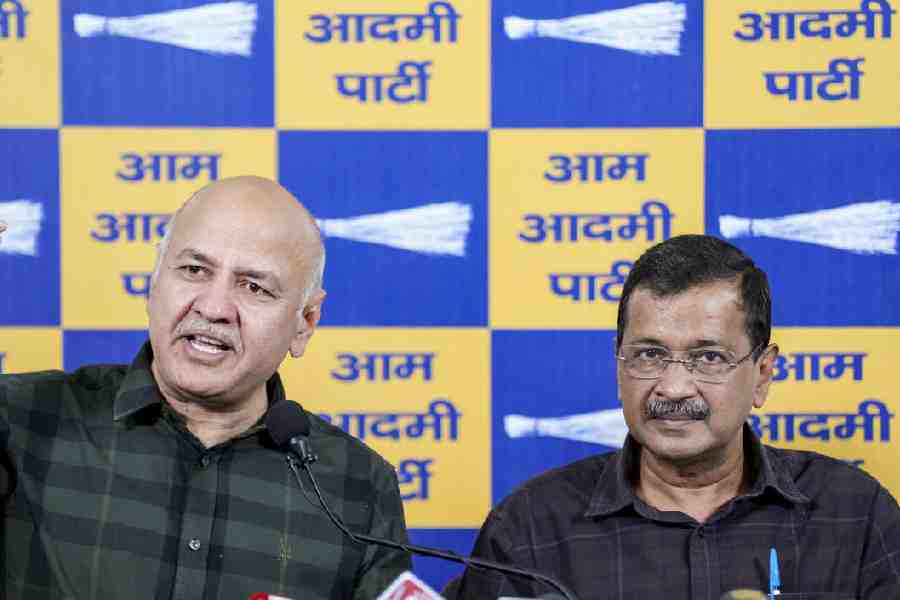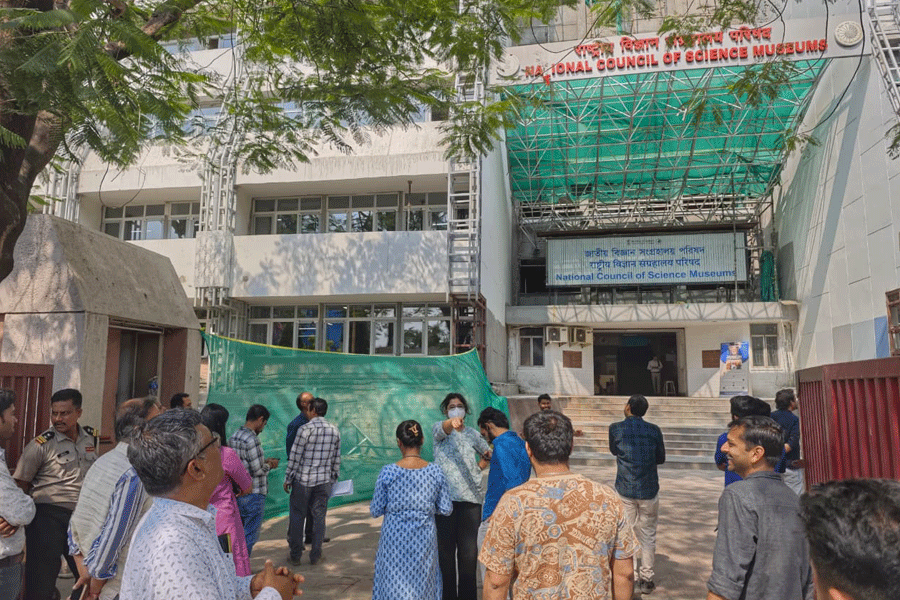 |
| Delhi University professor Vijaylaxmi addressing the gathering at the Jat Mahila Sammelan in New Delhi on Sunday |
New Delhi, June 30: Kushal Singh ran Rajasthan’s administration as chief secretary till a few days ago. Chandrawati was Puducherry’s lieutenant governor. Maya Singh and Alka Kshatriya help frame the country’s laws in Parliament.
Yet professional success has not healed the raw wound of their memories of how their Jat community once denied them the right to run their own lives and treated them with contempt for being born as women.
Singh, 62, let the pain pour out today as she addressed an all-India Jat women’s meeting, held after 29 years to celebrate the achievements of the severely deprived group.
“It wasn’t easy to be one of five sisters in a Rohtak (Haryana) family during that time. Everybody used to curse and ridicule my parents for having (only) daughters,” said the 1974-batch IAS officer who now heads the National Commission of Protection of Child Rights.
“Eventually, we sisters proved that we were not liabilities but assets, but it saddens me every day that the situation has only worsened in our community. In a large number of families, girls are treated as inferior to boys.”
Other speakers — politicians, professors, activists — echoed her, describing the struggles of women in a community that is often seen as wearing its men’s machismo as a badge and making girls feel unwelcome from the day they are born — if they are allowed to be born.
As Singh pointed out, if a community’s access to technology may generally be expected to help empower the disadvantaged, in India’s hub of patriarchy it has fuelled female foeticide.
Social worker Kavita Chaudhary exposed the hollowness of the machismo culture.
“Jat women are expected to perform all the physical work their men do,” she said, “but are not allowed to have an opinion about their own lives. Men are encouraged to be aggressive, women to be submissive. In the rural areas, there is no education for girls — they are groomed to serve and follow their men.”
But stories of grit and victory against odds abounded from the delegates, who had gathered mostly from Haryana, Punjab, Uttar Pradesh, Madhya Pradesh and Rajasthan.
Delhi University professor Vijaylaxmi spoke of the resistance she faced when she wanted to make a career for herself.
“It became almost a scandal when I said I didn’t want to remain within the boundaries of home and wanted to work as an educationist. I was lucky but many women in our community are living in darkness,” she said.
Social activist Nishu Singh was “branded a rebel” when she told her parents she would go to college and not get married after school.
“Wherever I have reached is a result of years of struggle and perseverance. Most Jat families are too orthodox when it comes to women’s rights; equality is still a dream for many,” she said.
Although denial of proper nutrition and other rights to women is hardly the exclusive domain of any one caste or community, the brazen khap panchayats and “honour killings” in India’s northwestern Jat homeland have tended to hog headlines.
A survey commissioned by the Union health ministry last year found 2 lakh cases of female foeticide in Haryana, western Uttar Pradesh and Rajasthan, mostly in Jat-dominated areas.
Many of the delegates spoke out against female foeticide and infanticide today but avoided socially controversial issues such as inter-caste marriages and “honour killings”, perhaps in a tacit concession to the power of the khaps that even governments fear to take on.
Or perhaps they didn’t want to risk jeopardising the Jat Mahila Sammelan — the second ever, being held nearly three decades after the first took place at a time few Indians had heard of the Mandal Commission or Sachin Tendulkar.
That meeting in 1984 was the brainchild of Bhagwan Singh, then president of the Jat Mahasabha, the community’s largest organisation. It must have been a small event — even today’s meeting drew just about 100 people, only 60-odd among them women — and everyone quickly lost interest, a source said.
Bhagwan’s son Ajay Singh, who became Jat Mahasabha president this year, decided to revive the event as well as the organisation’s virtually defunct women’s wing.
“We are trying to provide women of the community a forum where they can speak out, relate their experiences and spread awareness,” said Ajay, a former Janata Dal MP and junior railway minister who was appointed special envoy to Fiji by the UPA government in 2004.
He said the meeting would become an annual event and similar meetings would be held in states with sizeable Jat populations.
Today, thunderous applause broke out when Deepa Andil, president of the Sarvgyapi Nari Panchayat, said Jat women’s rights were long overdue and it was time they snatched the justice denied them for centuries.
Among the speakers were Maya Singh, BJP Rajya Sabha member from Madhya Pradesh, entrepreneur Rita Singh and Alka Kshatriya, Congress Rajya Sabha member from Gujarat.
Although delegate after delegate condemned their community’s prejudices against women, they all expressed gratitude for what they described as the greatest gift they had received by dint of being born as Jats. Fearlessness.










